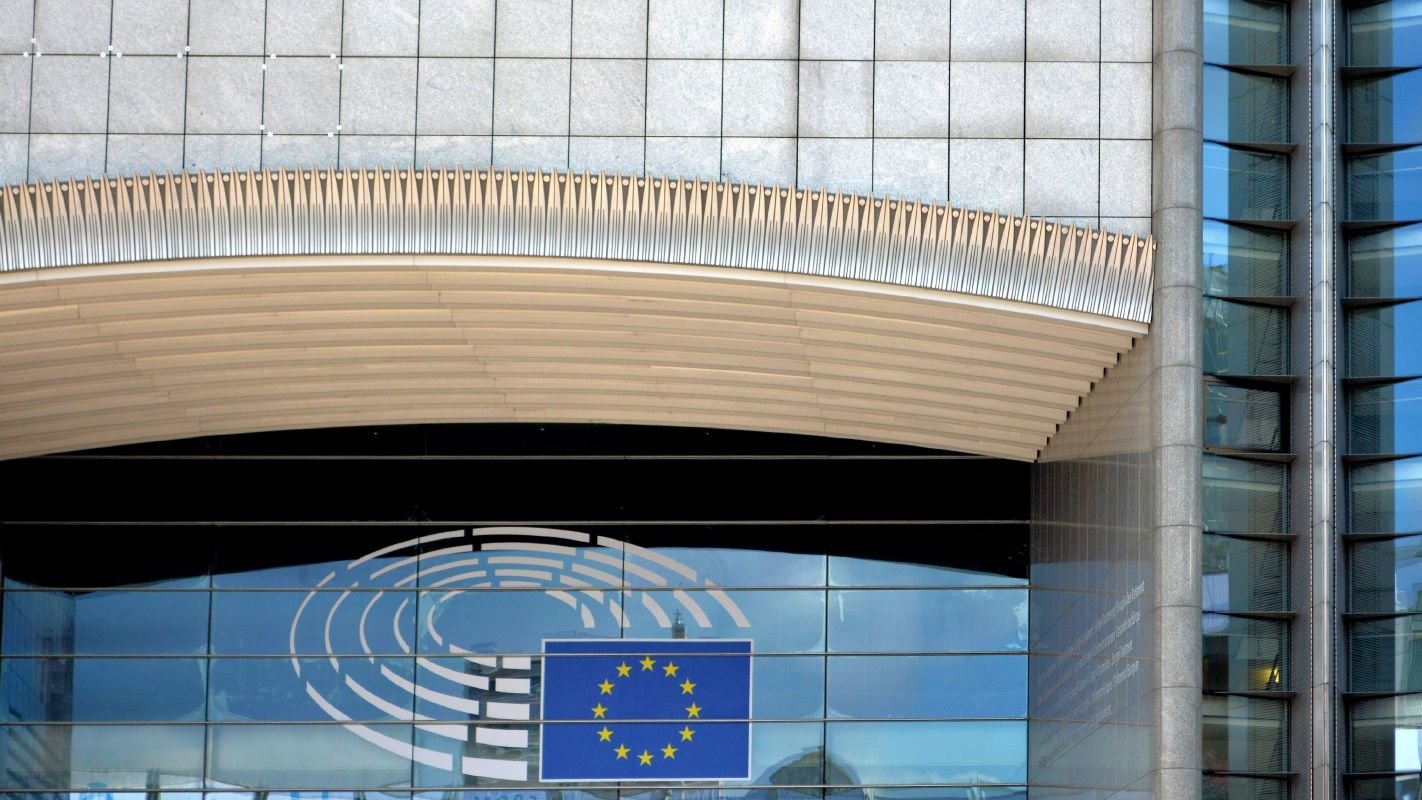The Sustainable Finance Package issued today by the European Commission is impressive in its scope and ambition. The headline Strategy includes important measures for integrating sustainability into private sector finance, into prudential regulation and into Europe’s diplomatic priorities. The Commission’s strong intention to work within international fora to secure financial system reforms is an important step reflecting the international prominence of these issues.
It will be important that the Strategy’s actions move forward in a way that supports Europe’s commitment to climate neutrality and the Paris Agreement, despite recent tensions between Member States over the role of gas and nuclear power. The IEA has said that gas demand will need to peak by 2025 globally to stay within 1.5 degrees warming – meaning that most gas infrastructure built today would quickly face declining utilisation. Since the taxonomy will link to several other policies (e.g. Green Bond Standards) and be highly visible internationally, the Commission must ensure its environmental integrity.
Some outstanding elements of Green Deal finance were missing from today’s Sustainable Finance Package and must be added in the future. Open questions include how the EU will apply sustainable finance tools to its own financial decisions and investments, and how social issues (e.g. human rights or just transition) will be integrated into public and private finance decisions.
Quotes on The Sustainable Finance Package
Kate Levick, Associate Director, Sustainable Finance Programme said:
“E3G warmly welcomes today’s package of measures which demonstrates a broad and systemic vision of financial reform for sustainability. The Commission’s proposed actions for private finance, system risk and international leadership all demonstrate high ambition. To support Europe’s climate neutrality goal these reforms must remain informed by science and should be applied to public finance.”
Tsvetelina Kuzmanova, Policy Advisor, EU Sustainable Finance said:
“Today’s package addresses a wide range of financial sector regulation, including measures to increase financial inclusion and address systemic risk both in Europe and internationally. Additional work will be needed in future to address the socio-economic dimension of finance, including the uneven access to sustainable finance between Member States.”
Lisa Fischer, Programme Leader, Clean Economy said:
“Unfortunately – but as expected – the new Sustainable Finance Strategy includes a process for considering the inclusion of fossil gas in the taxonomy. This would be a backwards step by the EU, leading to negative impacts on asset values, climate policy goals, and the EU’s international credibility. We urge a continued focus on environmental integrity in line with the 2050 climate neutrality goal to truly address greenwashing.”
Julian Havers, Programme Leader, Public Banks said:
“Europe’s public banks will be key actors in delivering the sustainable finance that Europe needs for a green recovery. Although their role was not explicitly recognised in today’s package, we expect to see strong complementary actions and commitments from Europe’s public banks made at the Finance in Common Summit in October in Italy.”
Available for comment
E3G experts are available for commentary – please contact them directly:
Kate Levick, E3G Associate Director, Sustainable Finance Programme
+44 07983484573 | kate.levick@e3g.org
Tsvetelina Kuzmanova, E3G Policy Advisor, EU Sustainable Finance
+32 (0)483 98 96 51 | tsvetelina.kuzmanova@e3g.org
Lisa Fischer, E3G Programme Leader, Clean Economy
+44 (0) 20 7593 2020 | lisa.fischer@e3g.org
Julian Havers, Programme Leader, Public Banks



